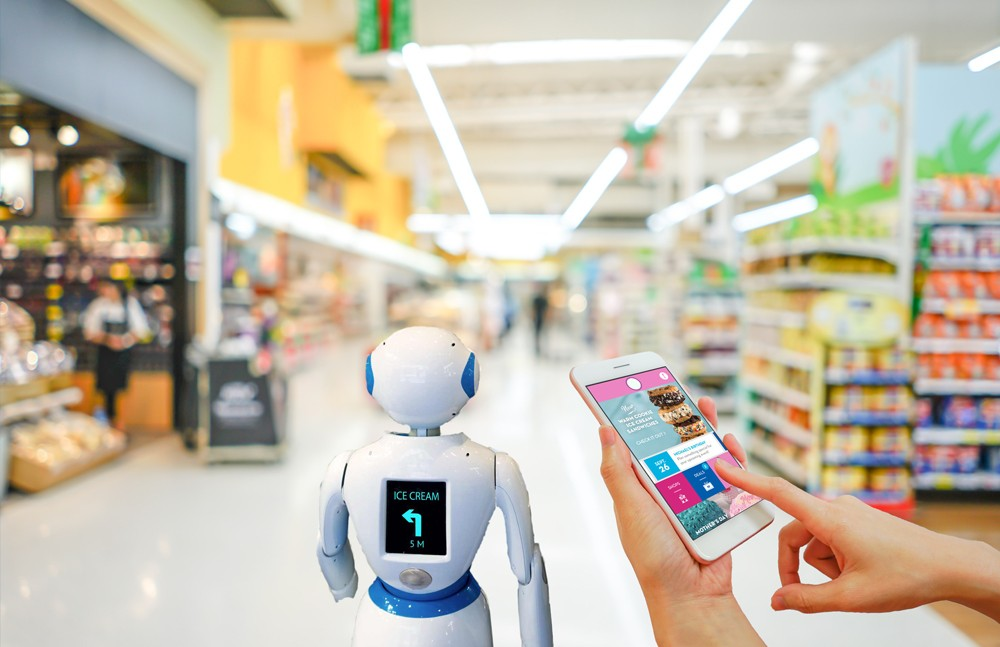Introduction
The retail industry is rapidly evolving, and Artificial Intelligence (AI) is at the forefront of this transformation. From personalized shopping experiences to inventory optimization, AI is helping retailers operate smarter, reduce costs, and increase revenue. Businesses that adopt AI gain a competitive edge in a fast-changing market.
Personalized Customer Experiences
AI allows retailers to deliver highly personalized shopping experiences:
- Product recommendations: Machine learning algorithms analyze customer behavior to suggest relevant products.
- Dynamic pricing: AI adjusts prices in real-time based on demand, competition, and buying trends.
- Customer segmentation: AI identifies and targets different customer groups with tailored marketing campaigns.
By leveraging AI, retailers can increase conversions, boost loyalty, and enhance customer satisfaction.
AI-Powered Inventory and Supply Chain Management
Inventory management is a critical challenge for retail businesses, and AI is transforming how
it’s handled:
- Predictive demand forecasting: AI predicts product demand to reduce overstocking or stockouts.
- Automated replenishment: Inventory levels are monitored and restocked automatically.
- Supply chain optimization: AI identifies inefficiencies, reduces costs, and ensures timely delivery.
These AI-powered processes improve operational efficiency and help retailers maximize profits.
Smarter Marketing and Sales
AI is revolutionizing retail marketing and sales strategies:
- Targeted advertising: AI analyzes customer data to deliver highly targeted campaigns.
- Chatbots and virtual assistants: AI-powered assistants engage customers, answer queries, and guide purchases 24/7.
- Predictive analytics: Retailers can anticipate buying trends and create proactive marketing strategies.
AI-driven marketing ensures higher ROI and improved customer engagement across all channels.
AI in E-Commerce Optimization
For online retail, AI provides powerful tools for growth:
- Personalized web experiences: AI adjusts website layouts and recommendations in real time.
- Fraud detection: AI identifies suspicious transactions to prevent loss.
- Voice search and visual search: AI-powered tools help customers find products faster and more accurately.
This creates a seamless, efficient, and engaging e-commerce experience.
Enhancing Retail Analytics
AI enables retailers to make data-driven decisions:
- Sales and performance tracking: AI generates real-time insights on sales trends.
- Customer behavior analysis: AI identifies patterns to improve product placement and marketing.
- Operational efficiency: AI highlights areas for cost reduction and process improvement.
With AI analytics, retailers can adapt faster to market changes and make smarter business
decisions.
Real-World Examples
Many leading retail brands are already using AI:
- Amazon uses AI for product recommendations and supply chain automation.
- Sephora employs AI chatbots for customer engagement and personalized advice.
- Zara leverages AI to optimize inventory and predict fashion trends.
Conclusion
AI is transforming the retail industry by improving customer experiences, streamlining operations, and optimizing marketing and sales strategies. Retailers that embrace AI gain efficiency, profitability, and a competitive edge, while customers enjoy smarter, more personalized shopping experiences.


